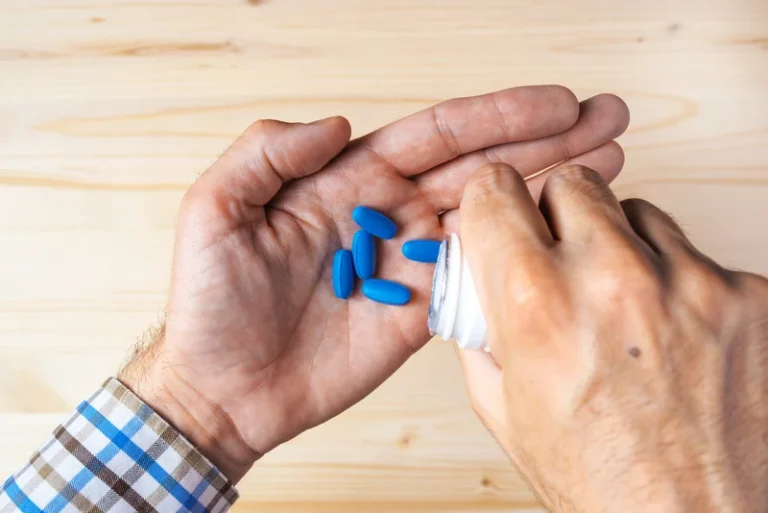
Consuming a large amount of alcohol might produce positive results on a urine test for longer than consuming a single drink. However, urine alcohol tests can’t accurately detect how much you have had to drink. The most effective way to eliminate alcohol is to give our body time. Monitoring our intake is the best and safest way to avoid excessive alcohol consumption and its negative effects. Alcohol urine tests are often used in scenarios where on-the-job intoxication could pose a serious risk to people’s lives. If there is an accident in a workplace, drug tests (including for alcohol) are often conducted, especially if we are seeking worker’s compensation or short-term disability.
Moderate Impairment (0.06–0.15% BAC)
Aside from consuming a lot of water, there is very little you can do to modify the amount of alcohol in your system. Stopping drinking and allowing time to pass is how long to get alcohol out of urine the only true way to sober up. You have a good shot at passing the test, but there are no guarantees.

Speeding Up Alcohol Elimination Time
However, factors like the timing of the test and the amount of alcohol consumed can influence results. A urine test for alcohol is designed to determine if a person has consumed alcohol, how much they’ve consumed, and a likely timeline for when they consumed it. The process is safe and noninvasive; at most, it’s just a little awkward. Most heavy drinkers or those who engage in binge drinking, such as those with alcohol use disorder (AUD), tend to process alcohol faster than moderate, occasional, and first-time drinkers. Breath tests for alcohol can detect alcohol within a shorter time frame, at about 4-6 hours.
- After detox, treatment in a full alcohol rehab program may be recommended.
- Group meetings can help individuals stay accountable while going through the recovery process.
- However, with the right combination of personal commitment, support, and often professional help, it is possible to quit drinking.
- However, this can be slowed by many factors including gender, food consumed, other medications and genetics.
- Erin is a Nurse Practitioner with 8 years of experience in midwifery and women’s health.
- The EtG test can detect this alcohol metabolite for 3 to 5 days after consuming alcohol but does not accurately indicate if someone is currently intoxicated.
Body Composition
Our daily research-backed readings teach you the neuroscience of alcohol, and our in-app Toolkit provides the resources and activities you need to navigate each challenge. Yes, beverages with higher alcohol content or larger quantities take longer metabolizing. When you swallow alcohol, it takes several steps before reaching your bloodstream. BetterHelp offers affordable mental health care via phone, video, or live-chat. Additionally, drinking can lead you to urinate more often and cause dehydration, so you can prevent any negative effects by taking in the water. Call your local emergency services if you suspect alcohol poisoning in a friend or loved one.
Rate of Drinking
The $33.2 million spending figure refers to a monkey colony, but that’s not specifically for transgender research. When you choose our detox center in Los Angeles, California, you will be under the care of a team of professionals who can keep you safe and as comfortable as possible. If you need help getting through cocaine withdrawal, Sanctuary Treatment Center is here to help. Knowing how long does cocaine stay in breast milk can be extremely important. If you are taking a drug screen for employment-related purposes, you will probably be taking a urine test.


Alcohol can remain in the breast milk for as long as it remains in the blood. As alcohol leaves the blood, it also leaves the milk, making it unnecessary to “pump and dump” breast milk after drinking alcohol. Studies have shown that both genetic and environmental factors can affect how the body processes and deals with alcohol. Some people of East Asian descent lack the enzymes necessary to break down alcohol. This can cause a reaction that includes facial flushing, nausea, dizziness, rapid heart rate, and headache. Because alcohol is absorbed into the digestive tract, the presence of food in the stomach has a significant effect on the absorption rate of alcohol.
- If a person has alcohol intoxication, any alcohol they drink will remain in the body for several hours and continue harming the brain and vital organs.
- Caffeine is a stimulant, which can perk you up and reverse some of alcohol’s effects.
- As we noted earlier in this post, if your organs are functioning properly, it usually takes about 24 to eliminate cocaine from your system.
